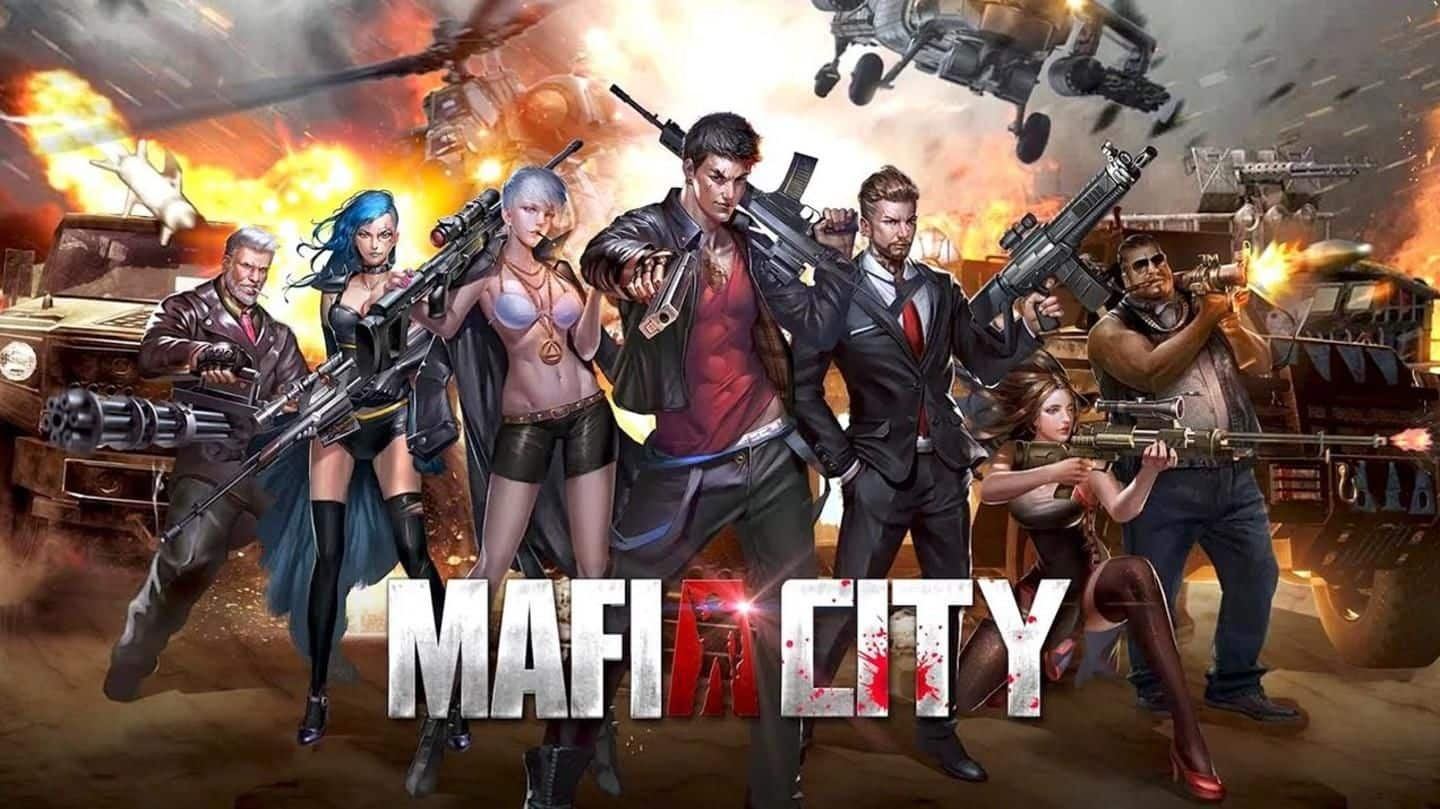
Facebook deletes video game ad showing woman's torture
What's the story
Facebook removed an advertisement for the video game Mafia City, which showed a trembling woman, gagged and pleading for her life and invited players to torture or kill her. Plenty of viewers said that it promoted a culture of violence against women. Interestingly, Facebook had earlier said that the ad's content didn't breach its guidelines. YouTube has also banned the advertisement.
The advertisement
The ad clearly had controversial content
The advertisement shows a blond woman gagged. She keeps pleading that she will not betray the boss. The player, who is the boss, has the option to torture or kill her. Facebook, initially, said it did not breach guidelines as the ad only appeared to users who stated as being above 18. However, on August 24, it removed the ad for violating Facebook's policy.
Quote
Facebook stands against sensationalist advertisements
A Facebook spokesperson said about removing the ad, "All advertisers must comply with our policies which make it clear that ads must not contain content that is sensationalist, intended to shock or scare viewers, or depicts threats of violence".
Mafia City
The game and its problems
Mafia City has been developed by Yotta Games. It invites players to become a revered 'Godfather' through in-game strategies. The advertisement warns players the game is too addictive for people under 18. Nonetheless, the content of the advertisement is problematic. Another disturbing ad included a gagged and bound man sobbing in a chair. The player has the option to kill or seduce him.
Opinion
Where do we stand?
The game's advertisement clearly promotes violence against women. Some viewers have even accused the game of promoting rape culture. The sensationalizing of the game is distasteful advertising. It doesn't showcase the gameplay or features. Marketing a video game, purely based on violence, is bound to put off a section of population. Facebook and YouTube did the right thing by removing the ad.
Quote
Yotta Games speaks officially on the issue
A spokesperson for Yotta Games clarified the matter over an e-mail. The game developer turned the focus to the advertising company saying, "These ads are made by some other companies in cooperation with us, we will contact them to solve this".